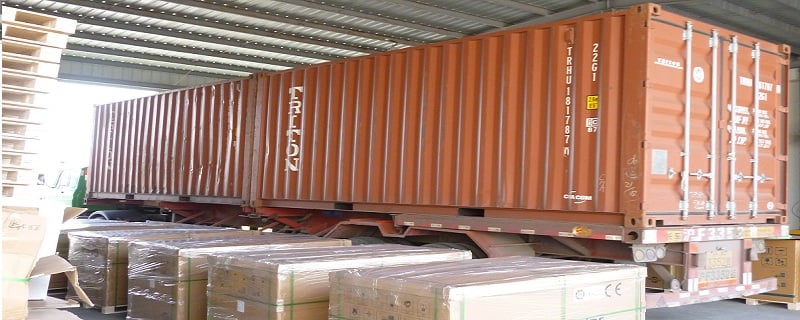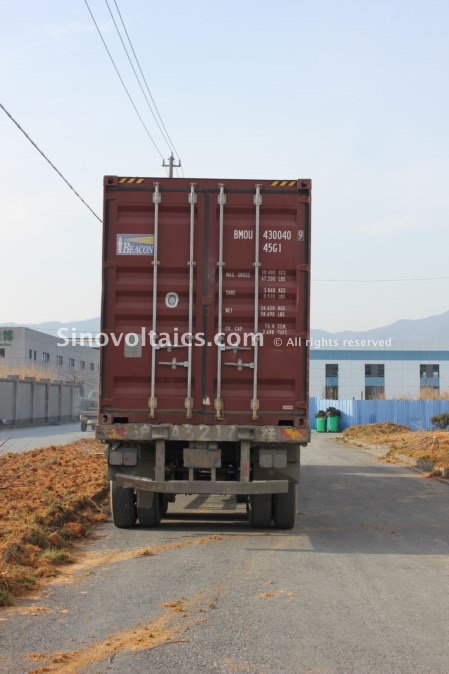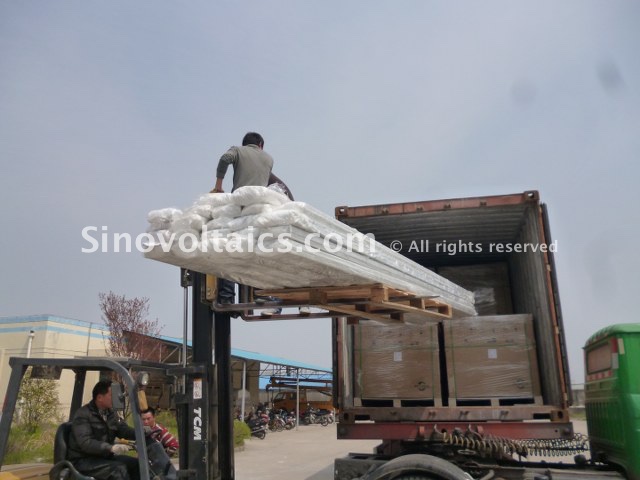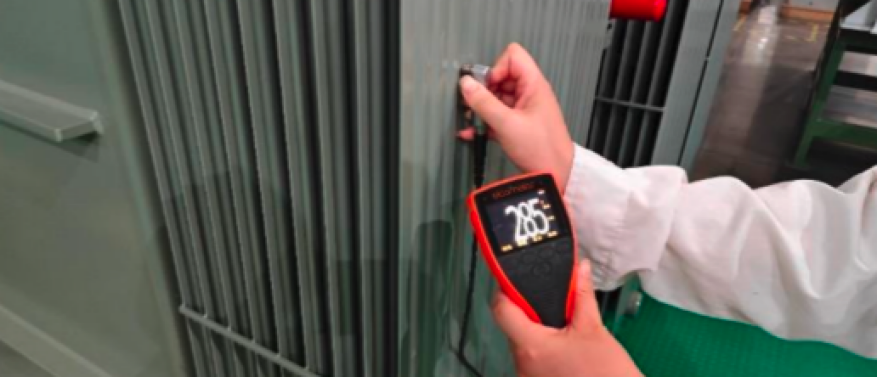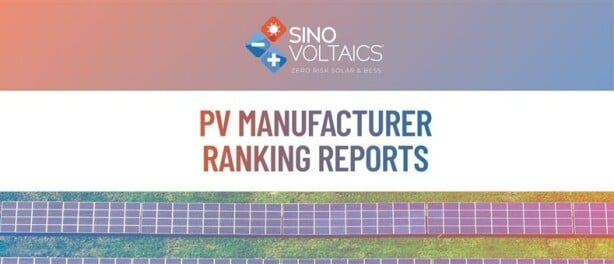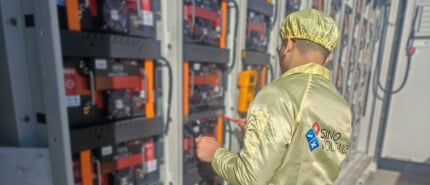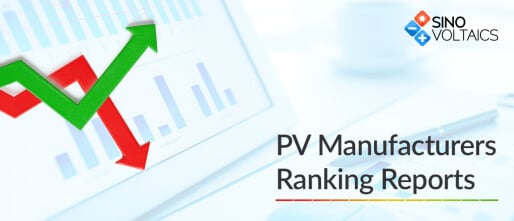Undoubtedly, the world has ‘flattened’, which has led to an explosion of trade and global sourcing. Internet has dragged mankind into an exciting 21st century, having massively simplified research and communications
As global logistics professionals know only too well, it is still a long way from Shanghai to New York, especially when the solar PV modules have to go through numerous steps from manufacturing to delivery, involving multiple governments, companies and third party service agencies.
The bottom line is: going global means adding time and distance to the supply chain. Those two factors add cost, complexity, and frequently risk… and headaches.
Handling the logistics of solar module shipments can be complex and there’s a good reason that large companies have their dedicated logistics department. However, small companies usually are left to deal with it by themselves.
However, no need for panic! In this article, we explain the basic contoures and important aspects of solar panel logistics.
Controlling the shipment: first step in solar panel logistics
When purchasing solar modules in bulk, there is a good chance that at a certain point most installers, engineering, procurement, and construction (EPC) companies, wholesalers and other importers will consider to import their modules from Asia.
Currently over 80% of solar PV modules are made in Asia, thereof more than 60% in China, and anyone dealing with Asian manufacturers will need to arrange the logistics to import the modules safely and on time.
Some manufacturers will offer to help with shipping the modules from their factory to the destination port. It is generally better to complete the shipping process via own arrangements – from the beginning until the end – instead of relying on a solar module manufacturer to handle the logistics. Own arrangement means: hiring a competent
freight forwarding company.
Why hiring a freight forwarder?
There are some very good reasons for solar module importers to hire their own freight forwarder instead of relying on the manufacturer:
- when importers use their own freight forwarder, the shipping agent is working for them and will act on behalf and in the interest of their clients
- importers using their own freight forwarder can decide to purchase proper insurance for their shipment. Proper insurance is not often the case with corner-cutting manufacturers handling logistics
- with an own freight forwarder, the fastest shipping routes according to own requirements and schedules can be picked
- only real charges are involved in the whole logistics process and no additional (hidden) profit for the manufacturer
There’s one exception when it can be wise and acceptable to have the manufacturers handle the logistics. This is when the PV manufacturer offers credit / extension on the balance payment of a shipment.
A common attractive payment term is to make a downpayment, with the balance being paid before the goods arrive in the port of destination. In this case, the manufacturer obviously wants to control the logistics.
How to select the right freight forwarder?
There are thousands of freight forwarders to choose from. Choosing a reliable forwarder is extremely important.
Following requirements should be met when it comes to choosing the right freight forwarder:
- English speaking staff on the ground (own staff, not an agent)
- one central, 24/7 available contact person
- familiarity with solar PV
- referred by a trusted contact
- credit arrangements
What is key knowledge in logistics?
Before starting to successfully handle shipments, there are a number of things to learn. In this introduction article we cannot go into great detail, however we outline here important points to look into when it comes to the organization of solar panel logistics:
A. Shipping Documents
When preparing a shipment, all shipping documents need to be collected. These include:
- commercial invoice
- packing list
- bill of lading
- packing declaration
B. Incoterms
Incoterms are shipping terms that set the parameters for international shipments. Most common incoterms in the solar industry are CIF (Cost Insurance and Freight), FOB (Free On Board) and Ex Works.
Previously, manufacturers would even use DAP (Delivery At Place) terms, but this is currently not popular.
C. HScodes
When shipping solar PV modules across borders, the freight forwarder will need to inform customs about the types of goods that are being shipped. This is done with HS codes.
There are many ways HS codes are used by governments, including freight tariffs, internal taxes and quota control.
It is important to know the HScodes for the relevant solar products, so that the freight forwarder or contact at customs can inform the importing company about the latest tariffs (such as anti-dumping duties), which can drastically affect the costing of the shipment.
Following HScodes will come in handy when shipping solar products across borders:
- Solar modules and solar cells: 854140
- Solar inverters: 850440
- Solar mounting systems: 7610 (aluminum structures)
- Solar mounting systems: 7308 (iron / steel structures)
- Thin Film solar modules: 845154000
Solar panel logistics – the takeaway
It is important to spend some time when it comes to picking the right freight forwarding partner. Many people working in the industry are in touch with their logistics company almost daily.
Having a direct line with one or two logistics experts will save importers a lot of time and trouble in the future, as they can advise on latest regulations, import duties and fastest or most affordable routes. A freight forwarder should be carefully picked – like picking a new business partner.
We have comprehensively covered solar panel logistics in our online training ‘The Ultimate Solar Panel Buying Guide‘, giving you all the knowhow and tools to control your solar panel shipments by yourself.

